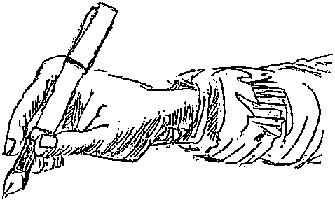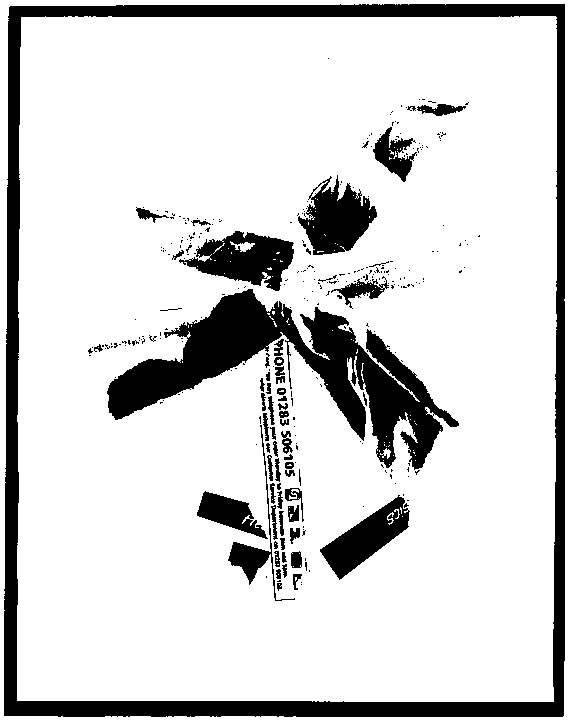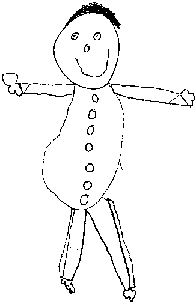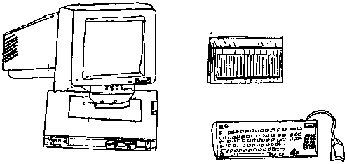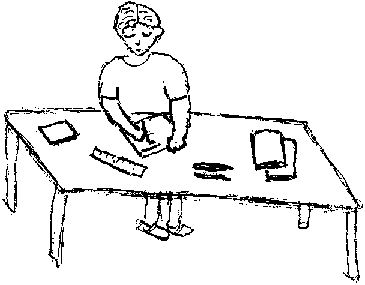 |
|
| Site Navigation: | |
| Home | |
| Prospectus | |
| Huish Headlines | |
| School Tour | |
| Children's Work | |
| Activities Gallery | |
| Events Diary | |
| OFSTED | |
| SATs | |
| Vacancies | |
| Links | |
| Games | |
| Contact Us | |
| Search: | |
Prospectus - The Curriculum |
01935 474984 |
||||||||||||||||||||||||||||||||||||||||||||||||||||||||||||||||||||||||||||||||||||||||||||||||||||||||||||||||||||||||||||||||||||||||||||||||||||||||||||||||||||||||||||||||||||||||||||||||||||||||||||||||||||||||||||||||||||||||||||||||||||||||||||||||||||||||||||||||||||||||||||||||||||||||||||||||||||||||||||||||||||||||||||||||||||||||||||||||||||||||||||||||||||||||||||||||||||||||||||||||||||||||||||||||||||||||||||||||||||||||||||||||||||||||||||||||||||||||||||||||||||||||||||||||||||||||||||||||||||||||||||||||||||||||||||||||||||||||||||||||||||||||||||||||||||||||||||||||||||||||||||||||||||||||||||||||||||||||||||||||
|
Curriculum Intro | Spiritual & Moral Development | Additional Educational Needs | The National Curriculum | Baseline Assessments | How We Organise Our Learning | English | Mathematics | Science | Information & Communication Technology | Religious Education | Cross Curricular Issues | Sport | School Houses & Council | Homework | 2001 National Curriculum Assessment
An Introduction to the CurriculumWe aim to create a positive, interesting and stimulating environment in which children can develop and mature to achieve their full potential. Alongside the fostering of good relationships, we strive to encourage the development of a sense of responsibility, self-discipline and creative, independent thinking.In broad terms, the Primary curriculum is intended to encourage the development of children intellectually, socially, emotionally, physically and morally, and to provide children with the basic skills they need for life and work. It is not feasible, in this context, to do justice to the whole curriculum. However, some details of areas that are usually given priority are included. In particular, the curriculum is intended to:
Spiritual and Moral Development
We aim to create an atmosphere at Huish that will encourage children
to want to come to school. If at any stage we felt, or were informed
by parents, that a child was unhappy about coming to school, we would
immediately arrange to meet the parents to see what the nature of
the problem was and what we could do to resolve it. We believe that
the children's general happiness and welfare at school play a crucial
role in their educational development.
| |||||||||||||||||||||||||||||||||||||||||||||||||||||||||||||||||||||||||||||||||||||||||||||||||||||||||||||||||||||||||||||||||||||||||||||||||||||||||||||||||||||||||||||||||||||||||||||||||||||||||||||||||||||||||||||||||||||||||||||||||||||||||||||||||||||||||||||||||||||||||||||||||||||||||||||||||||||||||||||||||||||||||||||||||||||||||||||||||||||||||||||||||||||||||||||||||||||||||||||||||||||||||||||||||||||||||||||||||||||||||||||||||||||||||||||||||||||||||||||||||||||||||||||||||||||||||||||||||||||||||||||||||||||||||||||||||||||||||||||||||||||||||||||||||||||||||||||||||||||||||||||||||||||||||||||||||||||||||||||||||
| Level 1 | an average 5 year old | ||
| Level 2 | an average 7 year old | ||
| Level 3 | an average 9 year old | ||
| Level 4 | an average 11 year old | ||
| Levels 5 and 6 | challenge an average 14 year old |
2001 National Curriculum Assessment Results - Key Stage 1 (7 year olds)
Total Year 2 pupils: 60
| TEACHER ASSESSMENT: Percentage of Pupils at each Level | ||||||||
Dis. |
Abs. |
W |
1 |
2 |
3 |
4+ |
||
| ENGLISH Teacher Assessment |
School | 0 |
0 |
0 |
8 |
65 |
27 |
0 |
| National | 0 |
0 |
3 |
12 |
64 |
21 |
0 |
|
| Speaking and Listening |
School | 0 |
0 |
0 |
8 |
60 |
32 |
0 |
| National | 0 |
0 |
2 |
11 |
63 |
24 |
0 |
|
| Reading | School | 0 |
0 |
0 |
15 |
57 |
28 |
0 |
| National | 0 |
0 |
3 |
13 |
55 |
29 |
0 |
|
| Writing | School | 0 |
0 |
0 |
8 |
73 |
18 |
0 |
| National | 0 |
0 |
4 |
12 |
71 |
12 |
0 |
|
| MATHEMATICS Teacher Assessment |
School | 0 |
0 |
0 |
5 |
73 |
22 |
0 |
| National | 0 |
0 |
2 |
9 |
63 |
26 |
0 |
|
| Using and Applying Mathematics | School | 0 |
0 |
0 |
7 |
73 |
20 |
0 |
| National | 0 |
0 |
2 |
13 |
62 |
22 |
0 |
|
| Number and Algebra | School | 0 |
0 |
0 |
5 |
73 |
22 |
0 |
| National | 0 |
0 |
2 |
9 |
63 |
26 |
0 |
|
| Shape, Space and Measures | School | 0 |
0 |
0 |
5 |
73 |
22 |
0 |
| National | 0 |
0 |
2 |
11 |
64 |
24 |
0 |
|
| SCIENCE Teacher Assessment |
School | 0 |
0 |
0 |
3 |
73 |
23 |
0 |
| National | 0 |
0 |
1 |
9 |
65 |
24 |
0 |
|
| Scientific Enquiry | School | 0 |
0 |
0 |
3 |
73 |
23 |
0 |
| National | 0 |
0 |
2 |
12 |
65 |
21 |
0 |
|
| Life Processes and Living Things | School | 0 |
0 |
0 |
3 |
73 |
23 |
0 |
| National | 0 |
0 |
1 |
7 |
63 |
28 |
0 |
|
| Materials and their Properties | School | 0 |
0 |
0 |
3 |
73 |
23 |
0 |
| National | 0 |
0 |
1 |
8 |
65 |
25 |
0 |
|
| Physical Processes | School | 0 |
0 |
0 |
3 |
73 |
23 |
0 |
| National | 0 |
0 |
2 |
10 |
65 |
23 |
0 |
|
| TASK AND TEST RESULTS: Percentage of Pupils at each Level | ||||||||||||
Dis. |
Abs. |
W |
L |
1 |
2 |
2C |
2B |
2A |
3 |
4+ |
||
| Reading Task/Test | School | 0 |
0 |
0 |
15 |
57 |
8 |
27 |
22 |
|||
| National | 0 |
0 |
3 |
13 |
55 |
15 |
21 |
19 |
||||
| Reading Comprehension Test |
School | 0 |
0 |
2 |
55 |
7 |
22 |
27 |
28 |
0 |
||
| National | 0 |
0 |
2 |
53 |
13 |
20 |
20 |
29 |
0 |
|||
| Writing Task/Test | School | 0 |
0 |
0 |
8 |
73 |
27 |
25 |
22 |
18 |
0 |
|
| National | 0 |
0 |
5 |
9 |
76 |
27 |
30 |
19 |
9 |
0 |
||
| Spelling Test | School | 0 |
0 |
15 |
45 |
32 |
||||||
| National | 0 |
0 |
11 |
52 |
23 |
|||||||
| Mathematics Task/Test | School | 0 |
0 |
0 |
2 |
63 |
12 |
28 |
23 |
35 |
0 |
|
| National | 0 |
0 |
2 |
7 |
62 |
15 |
24 |
23 |
28 |
0 |
||
| Dis. | = | excepted or disapplied under sections 364 or 365 of the Education Act 1996 | |
| Abs. | = | absent from the Tasks/Tests | |
| W | = | working towards level 1 | |
| L | = | below level 2 threshold for the Reading test and/or Spelling test when required to be entered for the test |
2001 National Curriculum Assessment Results - Key Stage 2 (11 year olds)
Total Year 6 pupils : 61
| TEACHER ASSESSMENT: Percentage of Pupils at each Level | |||||||||||
Dis. |
Abs. |
W |
1 |
2 |
3 |
4 |
5 |
6 |
4+ |
||
| ENGLISH | School | 0 |
0 |
0 |
0 |
2 |
18 |
56 |
25 |
0 |
80 |
| National | 0 |
0 |
0 |
1 |
5 |
21 |
49 |
23 |
0 |
72 |
|
| MATHEMATICS | School | 0 |
0 |
0 |
0 |
2 |
20 |
59 |
20 |
0 |
79 |
| National | 0 |
0 |
0 |
1 |
4 |
21 |
48 |
25 |
0 |
74 |
|
| SCIENCE | School | 0 |
0 |
0 |
0 |
0 |
7 |
52 |
41 |
0 |
93 |
| National | 0 |
0 |
0 |
0 |
2 |
15 |
53 |
29 |
0 |
82 |
|
| TASK AND TEST RESULTS: Percentage of Pupils at each Level | |||||||||||
Dis. |
Abs. |
B |
N |
2 |
3 |
4 |
5 |
6 |
4+ |
||
| ENGLISH | School | 0 |
2 |
0 |
2 |
0 |
10 |
43 |
44 |
0 |
87 |
| National | 0 |
1 |
3 |
2 |
1 |
17 |
46 |
28 |
0 |
75 |
|
| MATHEMATICS | School | 0 |
5 |
0 |
7 |
0 |
21 |
44 |
23 |
0 |
67 |
| National | 0 |
1 |
2 |
2 |
1 |
22 |
46 |
25 |
0 |
71 |
|
| SCIENCE | School | 0 |
3 |
0 |
0 |
0 |
7 |
48 |
43 |
0 |
90 |
| National | 0 |
2 |
1 |
0 |
0 |
9 |
53 |
34 |
0 |
87 |
|
| Dis. | = | excepted or disapplied under sections 364 or 365 of the Education Act 1996 | |
| Abs. | = | absent from the Tasks/Tests | |
| W | = | working towards level 1 | |
| B | = | assessed by teacher assessments only | |
| N | = | no test level awarded |
Performance Targets 2001-2002
The table below indicates the target percentages of Key Stage 2 pupils on roll who will achieve Level 4 or above:
Subject |
2000 |
2001 |
2002 |
| Literacy - Target | 74% |
74% |
81% |
| Literacy - Actual | 83% |
87% |
N/A |
| Numeracy - Target | 68% |
70% |
75% |
| Numeracy - Actual | 73% |
67% |
N/A |
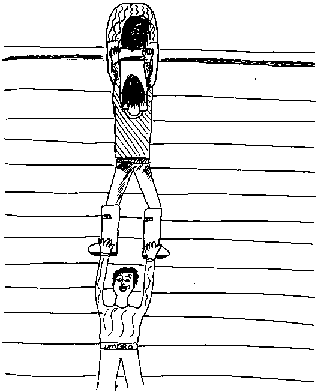
The information supplied in this prospectus was correct in the Summer of 2002. Changes in staff and policy may, of course, alter the arrangements in the school. The Headteacher will be happy to update any current or prospective parent, on request, of anything which may have altered, or is likely to change, in the foreseeable future.

